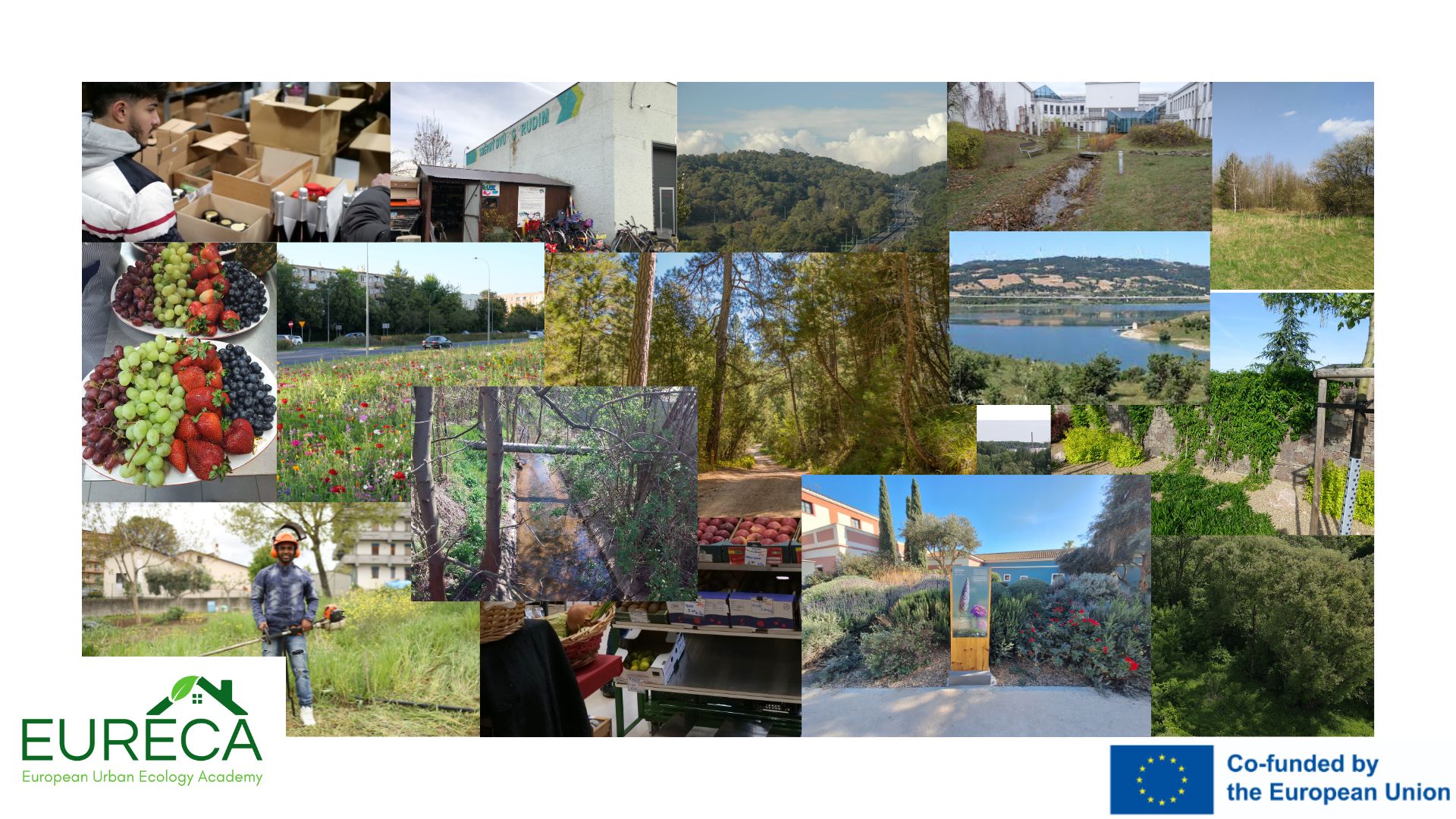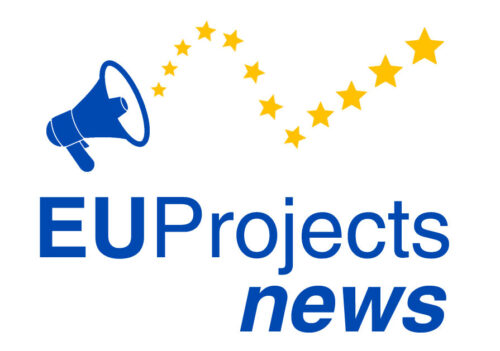
The last 2 months have been a period when all EURECA Project partners have been preparing
descriptions of good practices of environmental activities in the Czech Republic, Italy, Poland,
Portugal and Spain. Examples were found of the implementation of Sustainable Development
Goals set within the Agenda 2030.
The SocLab Foundation described the developing energy cooperatives in Poland, which supply
local communities with electricity from photovoltaics. Another interesting solution from
Poland is flower meadows in cities instead of traditional lawns. Flowers in the city not only
look beautiful, also give shelter and food to many useful insects and birds. In turn, the
protection of birds from collisions with transparent glass is served by modern protective films
at the University of Bialystok. Birds and small mammals have found good habitat on a
renaturalized stretch of river in the center of the city of Bialystok. Raising curiosity, but also
controversy, the Polish partner describes a solution to reduce greenhouse gas emissions,
deforestation. With the same objective, explains a feeding model in a school canteen where
meat is served only 2 days a week.
Portugal’s EDU.IN association focused on technological solutions, describing methods for
producing energy from waste and solar, recycle water for reuse, sustainable construction, and
did not shy away from topics related to urban biodiversity, using Lisbon and its horticultural
parks and green corridors as examples.
Gramigna Associazione described a store operating on the principle of a cooperative of local
suppliers farmers, a commerce that supports the local community and environmentally
friendly crops.
Partner IWS from Spain described innovative seawater desalination plant, an innovative urban
garden next to a large shopping center, and a climate adaptation plan for the Zaragoza city.
An association of agricultural school graduates from the Czech Republic showed methods for
restoring degraded areas, methods for preserving tree alleys, a biogas plant and a store with
recycled items.
These are just some of the eco-friendly good practices described. All of them, with broader
descriptions, will soon be available to read on the EURECA Academy website.
For more information: https://www.internetwebsolutions.es









